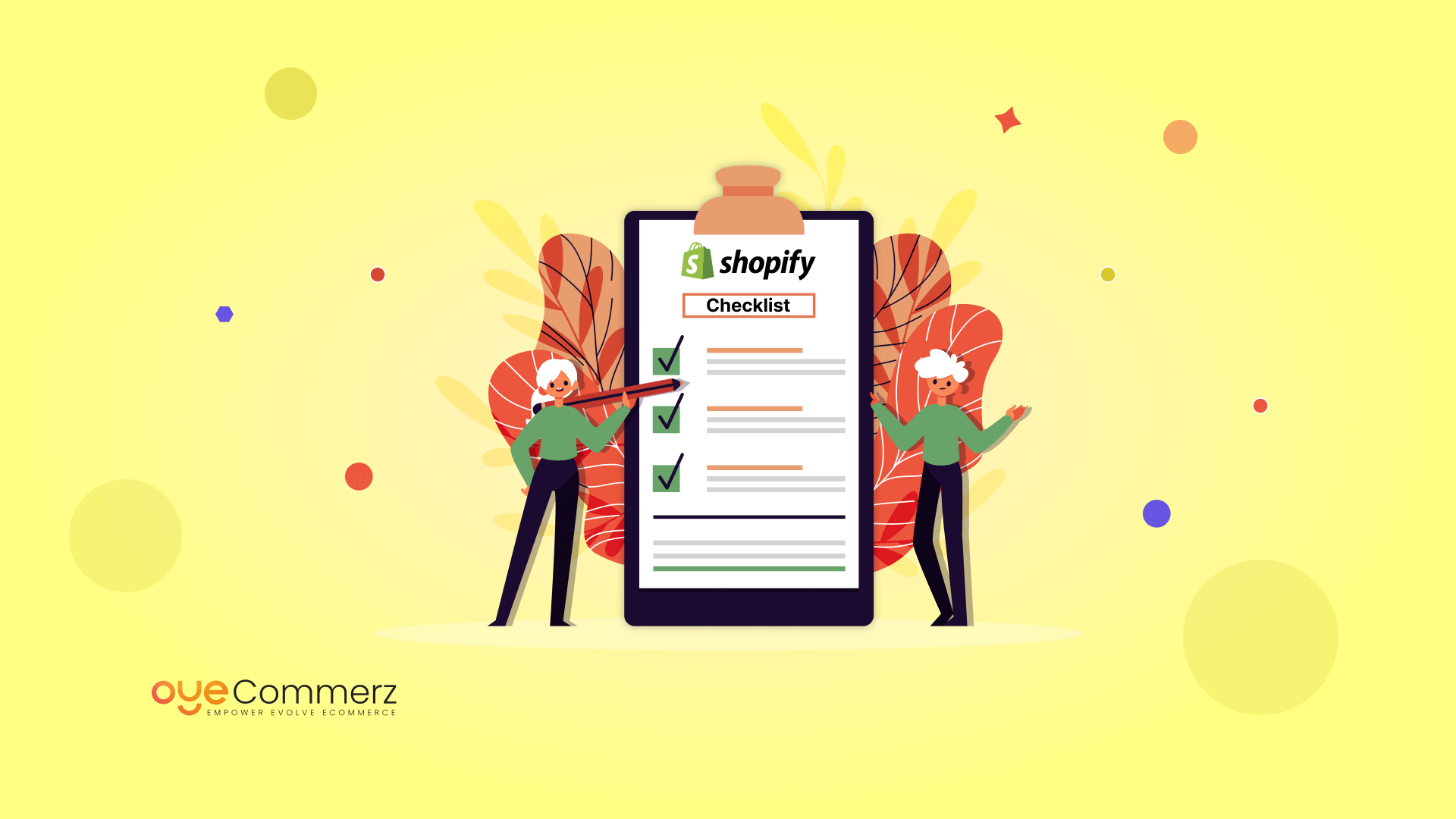Introduction
In today’s competitive e-commerce landscape, differentiating is essential, and one of the best ways to set apart a Shopify store is through custom app creation. A well-built Shopify app can enhance store capabilities, simplify processes, and elevate customer interaction. This guide explores key elements of Shopify app development, from API integration to scaling strategies and digital marketing approaches, offering a roadmap for companies looking for unmatched store efficiency.
Why Shopify API Integration Matters
Shopify’s API provides powerful tools to customize and extend store capabilities. With GraphQL and REST APIs, developers can retrieve information to create apps that handle inventory management, order handling, and customer information management seamlessly. Using Shopify’s API can lead to better workflow automation and allows stores to assist shoppers more efficiently.
Adopting the Polaris Design System
Shopify’s Polaris is Shopify's design system for designing intuitive and easy-to-use Shopify apps. By following Polaris principles, developers ensure that apps integrate smoothly within the Shopify Admin experience. This provides a cohesive appearance that resonates with Shopify merchants, encouraging ease of use and comfort for merchants utilizing your custom app.
Understanding the Shopify App Ecosystem
The Shopify app ecosystem provides numerous opportunities for improving e-commerce sites. From managing fulfillment processes to increasing customer interaction, apps in this ecosystem are designed to meet diverse business needs. Familiarizing with this ecosystem assists developers in finding unique app ideas and enables seamless integration of third-party services that add value to the store.
Building Embedded Shopify Apps
Embedded apps work seamlessly within the Shopify Admin, providing a smooth interface for merchants. They ensure that merchants do not Custom app features for Shopify need to leave their Shopify dashboard, streamlining their workflow. Using Shopify App Bridge and embedded app features is recommended for providing a cohesive, Shopify customer engagement tools well-integrated user experience.
Using Node.js and React for Shopify Apps
Node.js and React have become top options for Shopify app creation. Node.js enables high-performance server-side applications, while React enables interactive and adaptive front-end user interfaces. Together, they provide an excellent platform for building fast, growth-ready Shopify apps that enhance store functionality and customer engagement.
Webhooks in Shopify Apps
Webhooks allow real-time data synchronization between Shopify and an outside application. They initiate events such as order creation or stock changes and send instant alerts to your app. By utilizing webhooks, apps can provide up-to-date information to store owners, streamlining workflows and boosting productivity.
Customer Engagement and Digital Marketing for Shopify Apps
To make a Shopify app successful, engaging customers is crucial. Utilizing online marketing techniques like SEO, email marketing, and social outreach can drive app adoption. Additionally, designing apps with customer interaction as a focus (e.g., loyalty programs or personalized suggestions) boosts user loyalty and loyalty.
Making Your Shopify App Scalable
As e-commerce stores expand, so do their technological needs. Ensuring that your app can scale to handle increased traffic, larger data sets, and more advanced functionalities is critical. By optimizing server capacity and using scalable technologies, you can create apps that expand in tandem with a store’s success.
Essential Features and Maintenance for Shopify Apps
For an app to be useful, it should offer key capabilities like user login, analytics dashboard, and customer support options. Ongoing app upkeep, including updates to fix bugs and compatibility checks with new Shopify functionalities, is important to ensure uninterrupted performance and avoid interruptions to merchant workflows.
Summary
Custom Shopify app development offers immense opportunities for e-commerce businesses, providing the chance to improve store functionality, streamline processes, and build customer relationships. With API integrations and Node.js to focusing on scalability and customer engagement, creating a Shopify app involves thoughtful preparation and strategic execution. If you’re prepared to elevate your e-commerce experience, a custom Shopify app could be the perfect choice. What capabilities do you see for your dream application? Share your thoughts and take the first step toward an optimized e-commerce experience!
